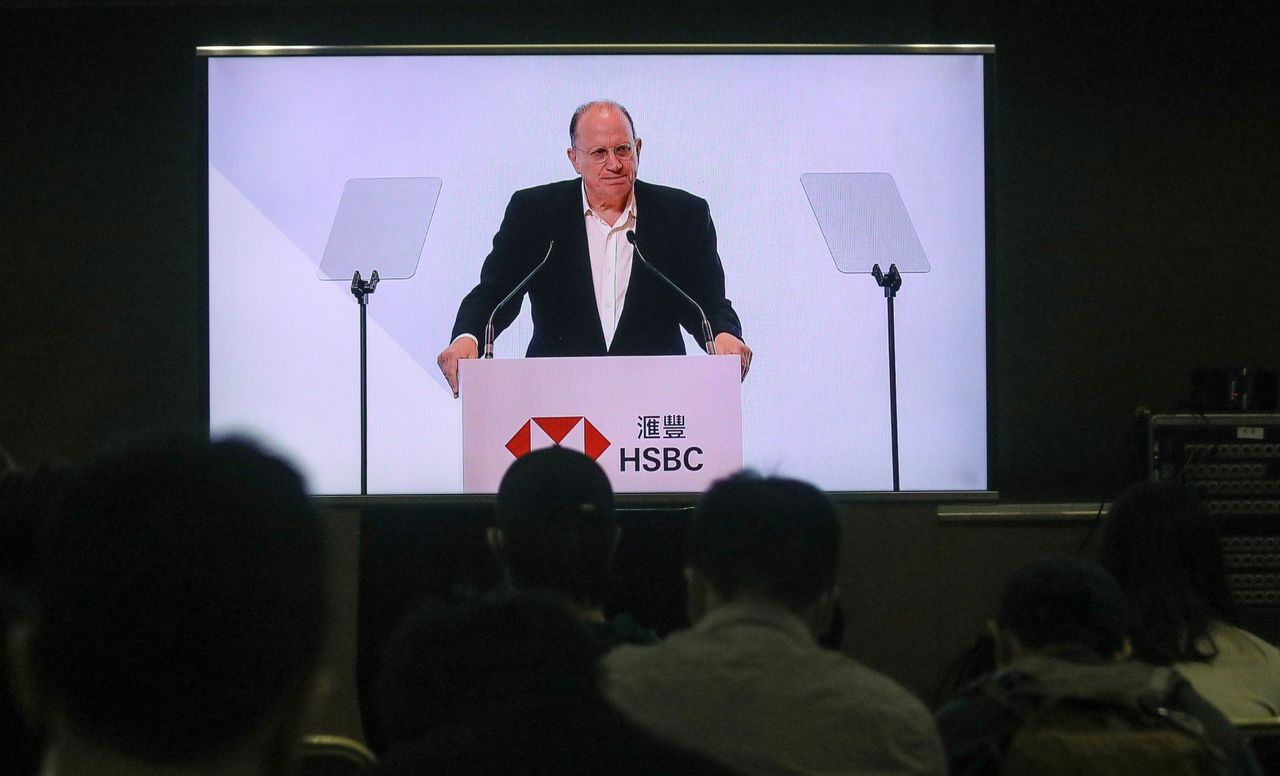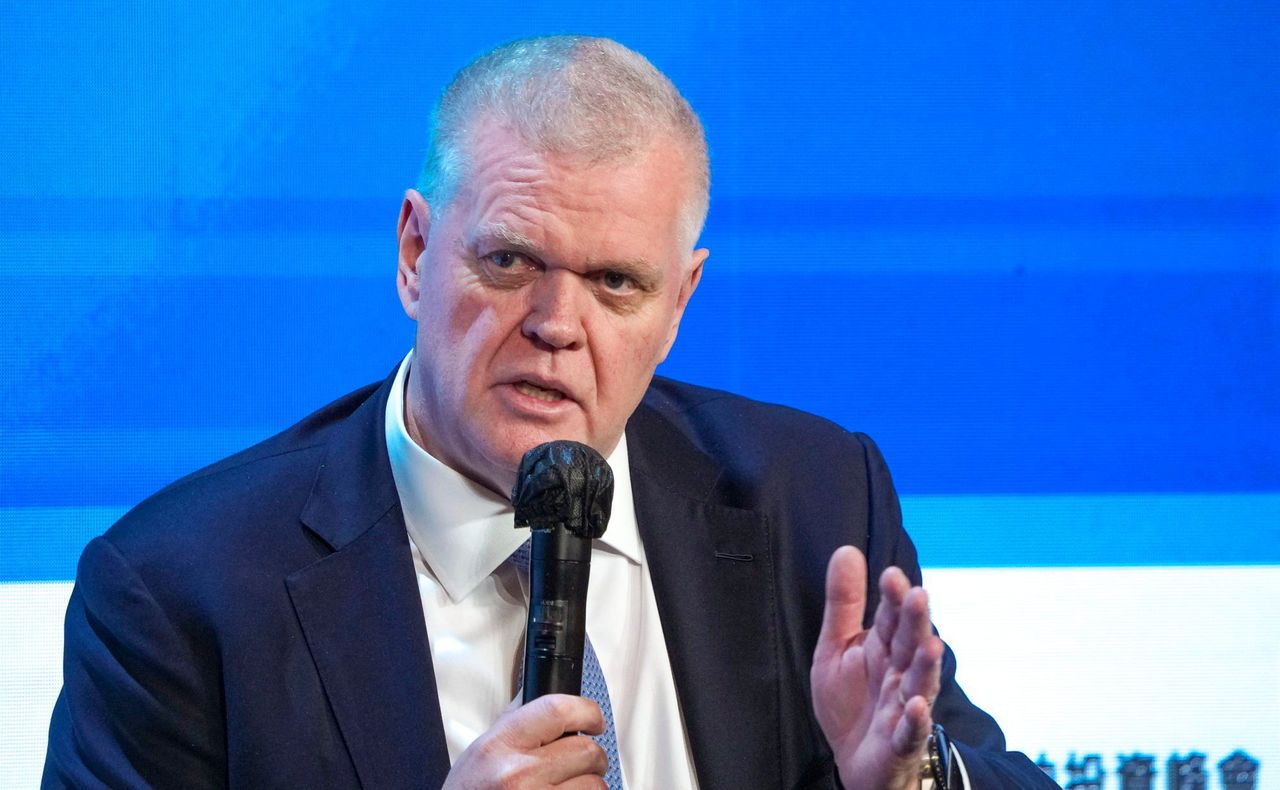Hong Kong News

Ping An calls for HSBC to separately list Asian arm in Hong Kong
Ping An Insurance Group, HSBC’s biggest shareholder, has called for HSBC to separately list its Asian arm in Hong Kong as it continues to push the London-based lender to make structural changes to enhance its value.
On Tuesday, the insurer’s asset management arm – which holds its HSBC investment – said it favours a separate listing of the Asian business with HSBC remaining as the majority shareholder, similar to its 62.14 per cent ownership of Hang Seng Bank.
“We believe the new HSBC Asia, after strategic restructuring, will rapidly become one of the most profitable businesses with a dedicated Asia focused management team capable of generating stronger shareholder returns,’’ Michael Huang, the Ping An Asset Management CEO, said in a statement.
“It will be the most valuable and unique bank in Asia with the strongest growth potential within the HSBC system, and also the only local bank with global competitiveness.”
Ping An, the largest insurer in China, has pushed HSBC since just before last year’s annual meeting to be more aggressive in its cost-cutting and consider structural changes to enhance shareholder value, including a spin-off of its Asian operations.
On Tuesday, the insurer said that it believes a separate listing of the business will address concerns raised by HSBC about a spin-off, whilst giving the Asian operations greater autonomy to improve shareholder value.
“It is our judgment, supported by third-party financial and legal advice, and with third-party assurance, that alternative structural options will not deliver increased value for shareholders,” an HSBC spokesperson said in a statement. “Rather, they would have a material negative impact on value. We remain clear that our current strategy is the fastest, safest and most value enhancing way to deliver returns.”
London-based HSBC is the largest of Hong Kong’s currency-issuing banks and books the bulk of its pre-tax profit in Asia.
 HSBC Chairman Mark Tucker speaks to investors at an informal meeting of Hong Kong shareholders in Kowloon Bay on April 3.
HSBC Chairman Mark Tucker speaks to investors at an informal meeting of Hong Kong shareholders in Kowloon Bay on April 3.
HSBC’s management has argued that it generates much of its business through its international network connecting capital between East and West and spinning off the Asian arm would require creating an entirely separate information technology network at great expense. The bank operates in 63 countries and territories worldwide.
“Despite sharing multiple suggestions with HSBC, we have been extremely disappointed by HSBC management’s consistent closed-minded attitude to all solutions,” Huang said. “We believe that both the HSBC team and its appointed paid external advisers have an adamantly preconceived view against reviewing any structural options, despite our continued request for an open dialogue and the demands of other shareholders.”
Huang argued that HSBC’s recent performance has been driven primarily by higher interest rates and said he believes the bank and its Asian unit continue to “significantly underperform” its peers.
“Over the past three years, HSBC Asia has upstreamed 61 per cent of its cumulative profits to HSBC Group,” Huang said. “In effect, HSBC Asia has been subsidising the group’s relatively low return non-Asia businesses, which have taken up over half of the group’s overall risk-weighted assets (RWA) over the last three years, but contributed only 14 per cent of profits.”
 HSBC CEO Noel Quinn speaks at the Global Financial Leaders’ Investment Summit at Four Seasons Hotel in Central in November.
HSBC CEO Noel Quinn speaks at the Global Financial Leaders’ Investment Summit at Four Seasons Hotel in Central in November.
The latest push by Ping An comes just over two weeks before investors are set to consider a set of proposals by a group of frustrated minority shareholders to increase its dividend payouts and consider radical structural restructuring to enhance the bank’s value.
HSBC has called for investors to reject the proposals, submitted by Ken Lui Yu-kin, the leader of the “Spin Off HSBC Asia Concern Group”, at its May 5 annual general meeting in Birmingham, England. They are among 18 resolutions to be considered by shareholders at the meeting.
Ping An said it supports the minority shareholder proposals “in principle” and hopes HSBC can be “open to and study shareholders’ suggestions”.
Some members of HSBC’s Hong Kong shareholder base remain frustrated about the cancellation of its final dividend for 2019 and suspension of its dividend in 2020 at the request of its chief regulator in Britain.
HSBC resumed paying dividends in 2021 and made its biggest payout in four years with an annual dividend of 32 US cents a share for 2022.
The bank also said in February that it would consider a special dividend of 21 US cents a share following the completion of the sale of its Canadian business to Royal Bank of Canada in late 2023.
It also comes just days after HSBC said the sale of its French retail banking business to a Cerberus Capital Management-backed business was “less certain” because of a sharp rise in interest rates in France in the past year.











